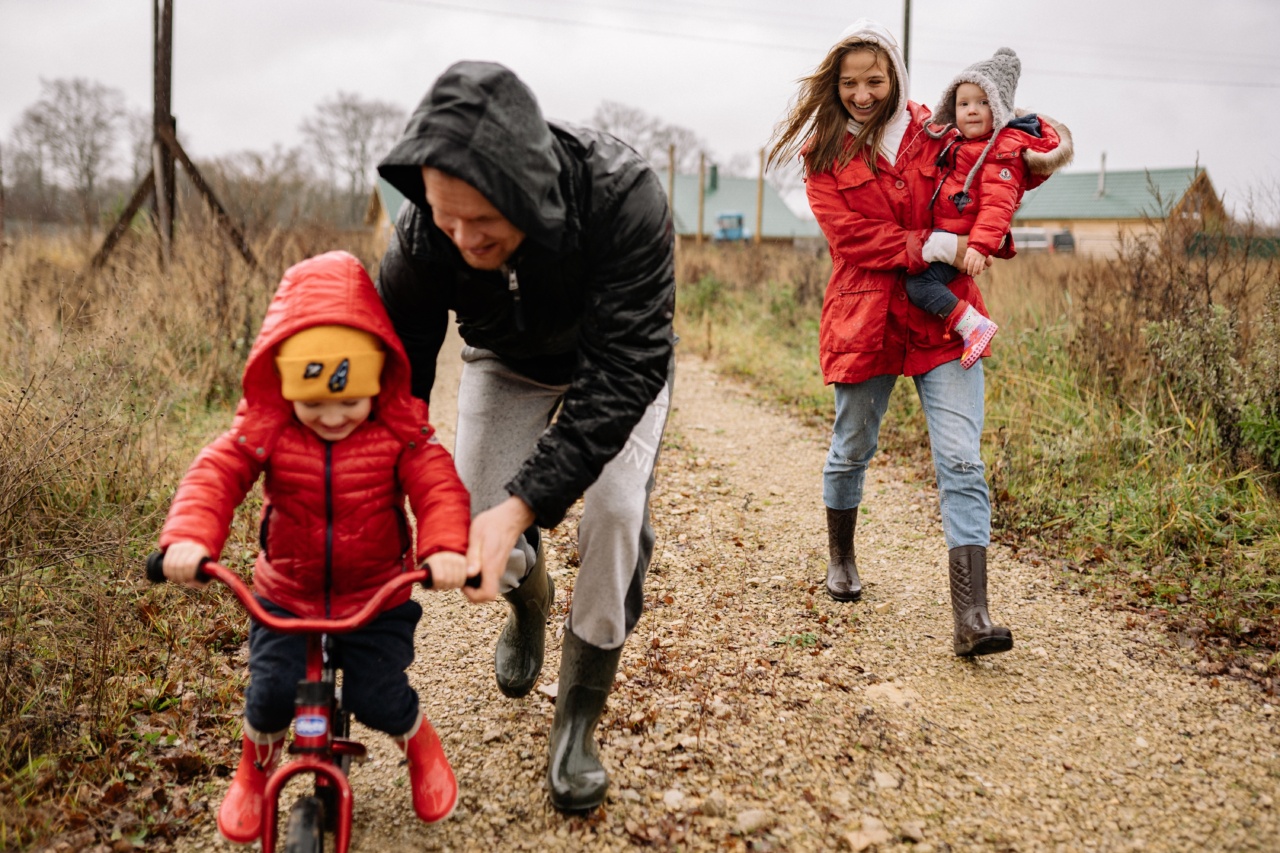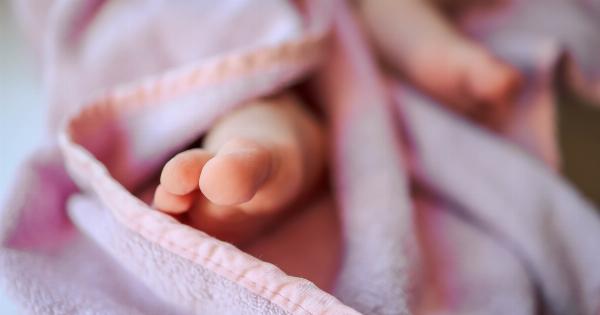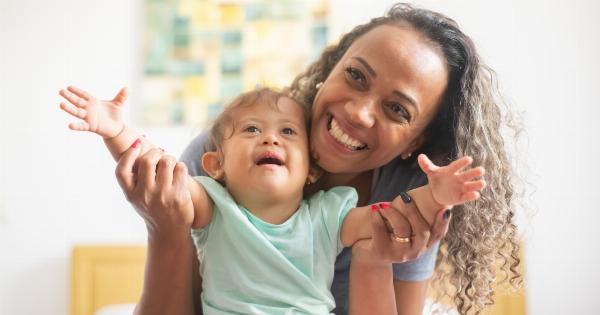Baby shaking is a controversial topic due to the risks it poses to infants. However, with proper education and understanding, parents and caregivers can learn how to handle infants safely.
This ultimate guide will help you understand the causes, effects, and prevention of baby shaking.
What is baby shaking?
Baby shaking is the act of shaking an infant vigorously, often in frustration or anger. It is also known as shaken baby syndrome (SBS) or abusive head trauma (AHT).
Shaken baby syndrome is a severe form of child abuse that can lead to serious injury or death. It usually occurs in infants younger than 6 months old but can affect children up to age 5.
What causes baby shaking?
Baby shaking usually happens when a frustrated or angry caregiver shakes a baby to stop them from crying or to wake them up.
This can cause the baby’s head and brain to jerk back and forth rapidly, leading to serious injuries such as bleeding on the brain, eye damage, and broken bones.
What are the effects of baby shaking?
The effects of baby shaking can be devastating and life-changing for the child and their family. Some common effects include:.
- Brain damage
- Seizures
- Blindness or vision problems
- Hearing loss
- Paralysis
- Cognitive and developmental delays
- Behavioral problems
How can baby shaking be prevented?
The best way to prevent baby shaking is to educate caregivers on safe baby handling practices. Here are some tips to keep in mind:.
- Never shake a baby, no matter how frustrated or angry you are
- If your baby is crying, try different comforting methods such as rocking, singing, or gentle bouncing
- Make sure your baby is fed, dry, and comfortable before putting them to bed
- Always support your baby’s head and neck when holding them
- Avoid rough play or sudden movements with your baby
What should you do if you suspect baby shaking?
If you suspect that a baby has been shaken, you should seek medical attention immediately. Signs of shaken baby syndrome include:.
- Lethargy or unresponsiveness
- Difficulty breathing or eating
- Seizures or convulsions
- Unusual irritability or crying
- Vomiting or nausea
- Unusual sleep patterns
It’s important to remember that if you witness a caregiver shaking a baby or suspect abuse, you should report it to the appropriate authorities immediately.
Conclusion
While baby shaking is a serious issue, it can be prevented by educating caregivers on safe baby handling practices.
By following the tips mentioned above and seeking medical attention if needed, we can ensure that infants are protected and cared for properly.































